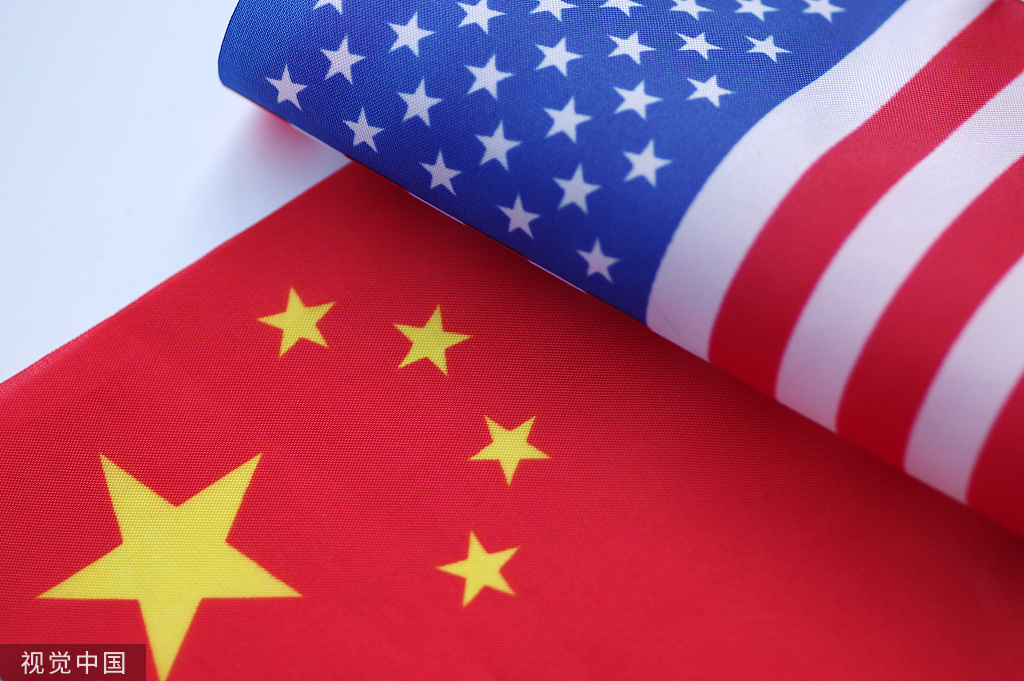US should realize stratagem doesn't resolve trade disputes: China Daily editorial
chinadaily.com.cn | Updated: 2019-09-05 21:50

Political determination is all that it takes for a country to realize its goal. An apt example is Thursday's agreement between China and the United States to hold the 13th round of trade talks in Washington next month. Which has raised hopes that the two sides would ultimately find a way to resolve their trade disputes.
But to make sure such hopes are not dashed, and ensure "substantial progress" is made at the trade talks, the US administration has to not only adopt a sincere and constructive approach but also take concrete steps to make good the promises it makes.
In the phone conversations Vice-Premier Liu He, also a member of the Political Bureau of the Communist Party of China Central Committee, had with US Trade Representative Robert Lighthizer and Treasury Secretary Steven Mnuchin, the two sides agreed that working groups would conduct consultations "in earnest" in the middle of this month "to make full preparations for the high-level talks to achieve substantial progress".
The conversation led to an increase in Asian equity and bond yields, and appreciations in Australian and New Zealand dollars as well as the Republic of Korea's won.
Investors' reaction to the development indicates the importance of the economic ties between the world's two largest economies and how significant it is for the global economy that they resolve their trade conflict.
Thanks to the uncertainties created by Sino-US trade frictions and Brexit, global economic growth has slowed. So, by settling their trade dispute, China and the US can help lift the morale of global investors and improve global economic growth prospects.
But as the previous talks have shown, it is hard for the two sides to make undue concessions to seek a solution acceptable to both, it is even harder for the US to refrain from using "maximum pressure" in a bid to gain an edge in the talks.
Only if the talks are held on the basis of equality and mutual benefit, and only if Washington refrains from using "maximum pressure" tactics and respects China's core interests can "substantial progress" be made in Washington.
However, if the US continues to impose tariffs on Chinese goods, the two sides cannot even reach an understanding, the lack of which has prevented them from agreeing a final deal.
The talks have continued for one and a half years, and the world cannot afford to wait forever, for the global economy has already suffered enough damage. China, too, wants the standoff to end. But it will under no circumstances sacrifice its national interests to meet US demands.
The ball, as always, is in the US' court.
























